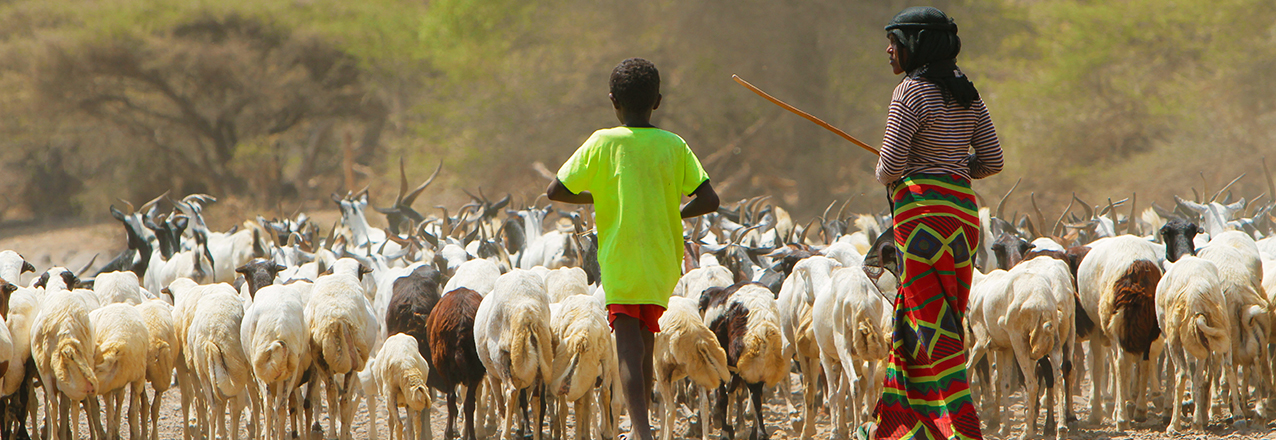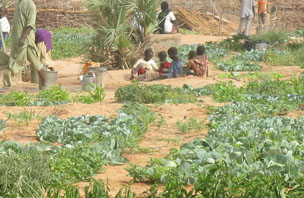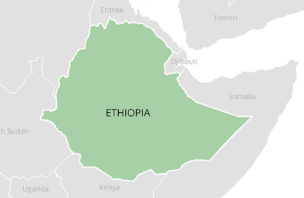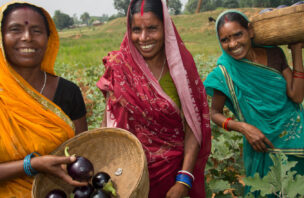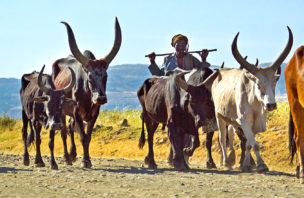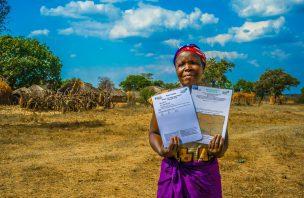Securing land rights of pastoral communities and strengthening urban land administration institutions in Ethiopia
The Feed the Future Ethiopia Land Governance Activity (Activity) is a five-year, $10.9 million Task Order (TO) under the Strengthening Tenure and Resource Rights (STARR) II Indefinite Delivery Indefinite Quantity (IDIQ) Contract. The Activity helps strengthen Ethiopia’s land governance institutions to improve land governance, increase incomes, reduce conflict, and support well-planned urbanization contributing to Ethiopia’s Second Growth and Transformation Plan (GTP II).
Background
Since 2005, USAID has partnered with and supported the Government of Ethiopia through three iterations of land governance activities (LAND, ELAP, ELTAP) to strengthen the land rights of rural farmers in the highland regions through the development of policy and law; pilot appropriate, cost-effective technologies to systematically register farmers’ rights; pioneer the development of legislation and methodologies to formalize communal land rights of pastoral communities; strengthen pastoral land governance systems; register communities’ land holdings; and support communities to develop participatory land use plans for resilient rangelands management. This Activity builds on the success of previous land governance activities to support the (GoE) to scale-up the registration of pastoral landholdings and pilot technologies and methodologies to systematically adjudicate and register urban land rights.
Overview
The goal of the Activity is to assist the Government of Ethiopia (GoE), its regions, and its citizens in strengthening land governance, increasing incomes, reducing conflict, and supporting well-planned urbanization, thereby contributing to the country’s Second Growth and Transformation Plan (GTP II). To help achieve these goals, the Activity will work in close partnership with relevant institutions in the GoE, Ethiopian universities and research institutions, and other development partners operating in the land, agriculture, pastoralism, and other development sectors to implement activities under two components:
Component 1: Strengthening the land governance system
- Facilitate policy reforms and strengthen land administration and land use institutions by promoting structural reforms of rural and urban institutions and the land information system.
- Improve technical capacity for suitable land administration and land use planning activities to address emerging issues, such as urbanization, industrialization, and youth.
- Conduct policy-oriented research on land governance and provide scalable solutions to improve land governance.
Component 2: Expanding communal land tenure security in pastoral areas
- Expand communal land tenure security in pastoral areas through improved policy and legal reform.
- For pastoral community lands, develop a scalable approach for land demarcation and certification in collaboration with community institutions.
Project strategic approach
The Activity’s strategic approach emphasizes local solutions to ensure GoE ownership of interventions and strengthen the capacity of institutions, land administration officials and stakeholders to systematically address challenges and achieve sustainable reform. It facilitates change by supporting the GoE with evidence-based research and inclusive consultations with stakeholders to inform the development of policy and law. The Activity’s interventions help strengthen the participation of women and youth by creating opportunities for more women to serve in land administration offices, improving women’s and youth’s access to land and resources, raising incomes, and building resiliency. The Activity’s approach promotes innovation and introduces appropriate technologies to help integrate rural and urban land administration institutions, pilot systematic adjudication and registration of urban land, and scale recognition and registration of pastoral communities’ land rights.
Major activities
The Activity supports the GoE to develop policies and legislation to improve land tenure security for the nations’ pastoral, rural and urban communities. It strengthens the capacity of urban and rural land administration institutions and provides technical assistance to integrate both into a single, unified system. It supports the GoE to develop its National Integrated Land Use Policy and Plan to govern resilient land use management. The Activity partners with land administration institutions to develop scalable approaches to adjudicate and register pastoral community landholdings, and to pilot an appropriate and scalable fit for purpose methodology to adjudicate and register urban land. It supports pastoral communities to establish their Community Land Governance Entities (CLGEs) and develop bylaws to promote more inclusive, transparent and accountable governance.
Achievements
Initial achievements include supporting the GoE to finalize revisions to the Federal Government’s Expropriation, Valuation, Compensation, and Resettlement Proclamation No.1161/2019 (a process which begun under the USAID LAND project). The Activity is now supporting the development and public consultations on the Federal Land Valuation Regulation, which is required to implement Proclamation No. 1161/2019.


